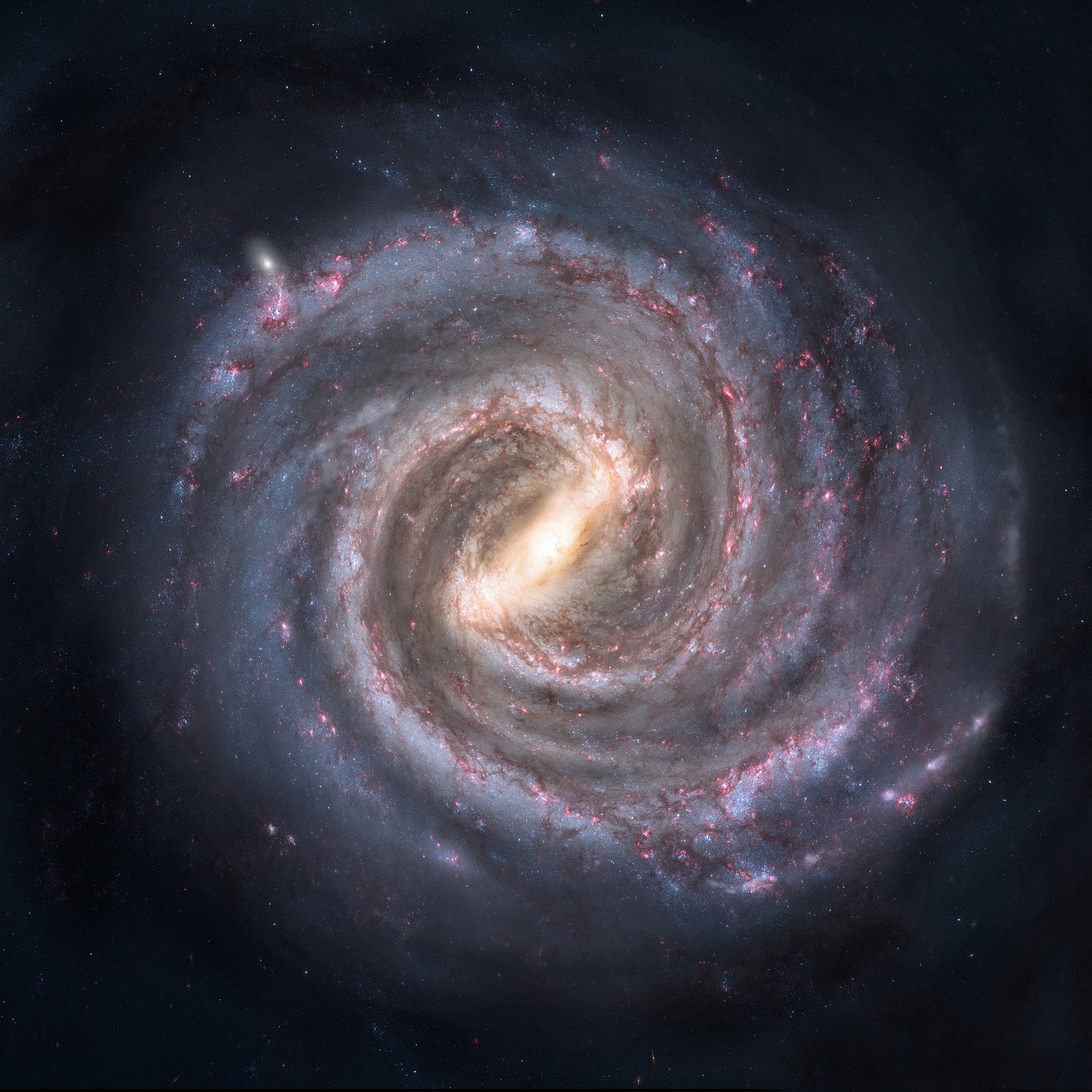MAY 24, 2022 – (Cont.) “That might explain,” said the alien, “why in my approach I saw so much light on the dark side of your planet.”
I laughed reflexively, but conveniently, I’d just taken a swig of lemonade and was thus able to disguise my impolite outburst as coughing. “Actually,” I said, “those weren’t human thoughts lighting up the nighttime sky. They were a quadrillion lightbulbs filled with electricity.
“Back to 7.8 billion people as 7.8 independent galaxies—one conclusion I draw from this is that without large-scale cooperation among members of the species, we’ll face cataclysmic consequences.” I tossed this statement at the alien to signal my awareness that we’re capable of wiping ourselves out, or at least reducing our numbers significantly. My somewhat twisted aim was to co-opt the alien’s inclination to wipe us out if the alien decided we weren’t up to the task ourselves. (Thank you humanity, for acknowledging my cleverness on your behalf.)
“Note that not all people would agree with my conclusion. In fact, embedded in our national DNA—and we’re one of the top powers on the face of the earth—is the idea that every individual should get to decide for her- or himself. According to this view, cooperation is fine but only if it’s isn’t coerced. We recently witnessed this independent streak in our response to a worldwide pandemic. A disease threatened every living soul, but many people resisted vehemently face mask mandates issued by the government and vaccination recommendations by the CDC, our president, and many state leaders. A million people died in our country alone—because of people’s refusal to cooperate on a large enough scale. Independence has its price.”
“Fascinating,” said the alien. “Ants wouldn’t challenge the rules of the colony, and redwoods couldn’t change their positions. To be honest, I’m surprised you humans haven’t yet caused your own extinction.”
“We’ve been working diligently on that,” I said, “ironically, ever since we learned to . . . cooperate.”
“This business of independence vs. cooperation,” I continued, after a beat, “serves as good background to a later topic, which is the organization of human institutions, starting with families and culminating with government. Before moving into that fraught territory, however, I must mention two qualities associated with cerebral independence. First is loneliness, and by extension, insecurity.
“Because each human is in essence a self-contained galaxy, each of us is capable of feeling at one time or another, or in some cases, often or always, isolation from all other cerebral galaxies. ‘No one understands me,’ or ‘No one knows the pain I’m feeling,’ is how this isolation or loneliness is most commonly expressed. If this condition is chronic, it’s often coupled with insecurity and lack of self esteem. These traits can produce negative behaviors, from contemptuous, over-bearing treatment of other human beings to the opposite—extreme reserve and withdrawal from interaction with humanity.”
The alien’s pulsations hadn’t varied much during my ramble, nor had its low, steady humming changed. I wondered if perhaps I’d put it to sleep.
(Remember to subscribe to this blog and receive notifications of new posts by email.)
© 2022 by Eric Nilsson
